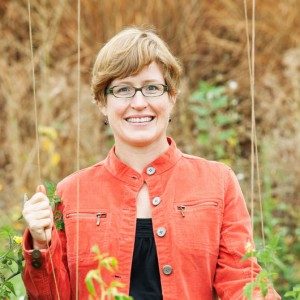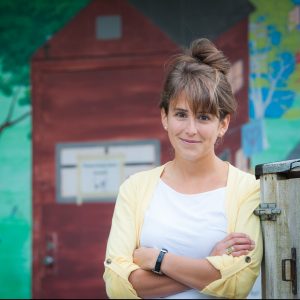The BC Land Matching Program: Explained and Evaluated

Hannah Wittman

Véronik Campbell
News Source: Centre for Sustainable Food Systems
Jan 27, 2022
The agricultural sector in British Columbia (BC) is facing a farm renewal crisis, and the long-term viability of the sector depends on attracting and retaining a new generation of farmers.
CSFS Associates Dr. Hannah Wittman and staff member Véronik Campbell conducted an evaluation of the BCLMP to determine how the outcomes of the BCLMP are aligning with the needs of new entrant farmers. The evaluation looked at the factors contributing to successful land matches and identified areas of potential growth for the future.
Amongst the key findings, land matching is identified as a key opportunity to link new farmers to arable land. The research team found it takes on average 6 to 7 months to create a successful land match, and 66 percent of land seekers and 63 percent of landholders indicated that their farming operation and the land were more stable after matching through the BCLMP. Essential aspects of an effective land match are a strong agricultural community network, availability of region-specific resources, aligned goals of land seeker and landholder, and business and legal literacy. It’s also recommended that the BCLMP continue to deliver education and business resources, track long-term outcomes, and develop programming to meet new entrants’ needs.